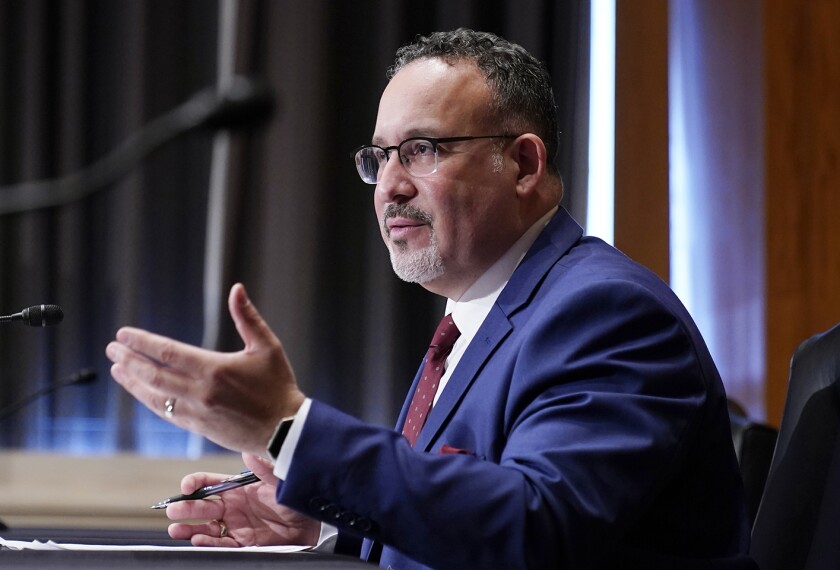Lockdowns Have Depleted Capital in All Forms
Jeffrey A. Tucker

When lockdowns first happened, my initial thought was geeky, and only later did I begin to realize the implications for human rights and liberties.
My thought was: this is going to be devastating for future capital investment. The basis of my fear was the knowledge that in almost all poor countries, property rights are insecure, particularly for capital goods. These are goods that are produced to make other goods (the “produced means of production,” in the classic formulation by Eugen von Böhm-Bawerk). Their existence and protection is a key to prosperity. They enable more complex economic structures – the extended order, in F.A. Hayek’s phrase. It’s the basis of hiring and investment, and the foundation of wealth production.
In the normal course of economic life, capital structures are constantly adapting to changed conditions. Changes in available technology, consumer demand, labor pools, and other conditions require entrepreneurs to stay constantly on the move. They need the freedom to act based on the expectation that their decisions matter within a market framework in which there is a test for success or failure. Without this ability, writes Ludwig Lachmann, “a civilized economy could not survive at all.”
When governments attack capital by making it less secure, denying its own volition over how it is deployed, or it comes to be depleted through some other shock like a natural disaster, capital cannot do the work of creating wealth. This is a major reason for poverty. Start a business, make some money, employ some people, and a powerful person or agency comes along and steals it all. People get demoralized and give up. Society can’t progress under such conditions. Take it far enough and people end up living hand to mouth.
Lockdowns seem focused on expenditures and consumption but fundamentally they attack capital. The restaurant, the theater, the stadium, the school, the means of transport, all are forced into idleness. They cannot return a profit to the owners. It’s a form of theft. All that you have done to save and work and invest is voided.
That investors and entrepreneurs would lose faith in the rule of law – and thereby the security of their rights – was my main worry about lockdowns. Before lockdowns, life was functioning normally for so very long, decades and decades. Restaurants and hotels stayed up, operating according to their owners’ wishes. People could make plans and invest across state and national boundaries, never thinking that they could be prevented from traveling. A new theater could open and rent out space for concerts or other performances. A band could form and travel here and there and arrange bookings. Large conferences could be put on in cities all over the country, and there was nary a thought of the possibility that some politician would just decide to shut it down.
Starting March 8, 2020, all that changed. The mayor of Austin, Texas, shut down South by Southwest, forcibly cancelling 100,000 contracts for flights, hotels, and conference participation. It seemed unbelievable to me at the time. Surely there would be a flurry of lawsuits and the courts would intervene to call the mayor’s actions despotic. The lesson would be learned and such a thing would not happen again in America for a very long time, if ever. We do have a Fifth Amendment that rules out such “takings” without due process, and as a general principle we believe in the right to run enterprises.
To my shock, this was just the beginning. Travel ceased. Schools shut down. Businesses were forcibly closed and events we had taken for granted just weeks before were deemed illegal. The churches were padlocked. Courts closed. You know the rest. By March 16, the buzzing, happy, progressing world of enterprise and creativity was shut down by governments. The politicians locked us down. People were panicked too but once rationality struggled to make a return, the law stood in the way of normalcy.
All of this amounts to an attack on economic networks and capital infrastructure. Investment plunged during the great suppression. These days, private investment in the United States is back to 2018 levels but I wonder about the long-term economic effects. Do we expect “snap lockdowns” in the future such as that experienced by Perth, Australia, last week? A writer for the Washington Post thinks they are just fantastic:
It may seem strange to act so aggressively for a single case, but we Australians complied. There were no complaints of infringing on freedoms. No marches against masks. My city of Perth came to a standstill. The roads were quiet, and our beaches were deserted. A trip to the supermarket for essential groceries saw everyone wearing a mask — for the first time. Other states restricted travel of West Australians, desperate to keep the virus out.
The subsequent two days didn’t bring a rush of cases that we feared; instead, for the first two days of lockdown, no new cases of covid-19 were detected. Residents of other countries might think this was overkill; in truth, that’s how a proper pandemic response should look.
Under these conditions, how is planning possible? You have dinner reservations, a party planned, a wedding with contracts, a business meeting, a concert, a delivery scheduled, or anything at all, and everything can be closed for an indefinite period of time. This could happen any time day or night, all on the authority of government officials and all because of a positive PCR test. Australia is widely celebrated as a success but is it success when any state within Australia can fall to totalitarian control at the drop of a hat, in a country that has locked its citizens within its borders and locked visitors out, thus smashing the whole of the tourist industry?
Do we really want to live in this world? And also a relevant question: what does this do to the ability to plan and invest in the future? There is the thing called “time preference” which refers to the willingness of individuals to put off current consumption for the future. A low time preference is essential for building a progressing economy and social order and it is contingent on a stable and predictable regime that doesn’t randomly invade people’s rights. When arbitrary power comes along to pillage people’s property, inhibit their freedom of movement, and restrict their associations, the effect is to make planning for the future less possible and hence disincentivize it. In effect, you encourage people to live for the moment rather than planning for the future. Hope is replaced by nihilism.
Lockdowns also attacked other forms of capital: professional, educational, and social. About one third of workers in America started working from home. For many, the word working should be in quotes. Life changed dramatically. Forget the commutes, the traffic, the office environment, the waits for the elevator, the lunch hour, the after-hours cocktails with friends. Instead work became about laptops, houseshoes, all-day snacks, afternoon drinking, and binging Netflix in the background. Laziness became too easy.
Maybe this was viable for a few weeks. But after several months, it became obvious that people’s personal capital was under attack. Some people could continue to receive a paycheck while staring at a screen while others have to hustle, go to work, cut the meat and stock the shelves, check out the customers, slog around the hospital, paint the houses and do the yardwork, serve people where dining was allowed, and so on. Still others were forcibly put out of work (movie theaters, the arts, conference venues, and so on). Whether you could deploy your labors to your benefit depended entirely on the exigencies of the planning elites.
All this terrible disruption has shattered people’s confidence in the system and rattled people’s sense of their own value. Lockdowns have taken their toll on our confidence in the law and our optimism that we live in a world in which our persons and property are safe from invasion by political elites.
A very practical example of a form of investment concerns the decision to have children. Kids have been locked out of their schools for a year, depleting educational capital. One million mothers have left the workforce to care for kids, depleting professional capital. Three quarters of families have said they feel intense stress. Early on after the lockdowns began, people were predicting a new baby boom.
Not so much anymore. Now there is growing wonder whether people will decide not to have children because of the burden, the lack of educational security, the possibility that this whole nightmare could happen again and leave parents with impossible circumstances yet again. Then there is the deeper question of whether we really want to bring children into a world in which they could be so brutalized as they were in 2020. Perhaps this accounts for why births in Italy alone plunged 22% since lockdowns.
The same fear is expressed by many capitalists. Why open a restaurant if it can be shut down? Why build a hotel if travel restrictions can leave it empty for months and even years? If you don’t have confidence in a stable legal regime for the future, what can one say about whether investing in anything physical or that depends on customers coming and going is really a good idea? Do we really want to open a factory that can be closed any time by decree?
Outside of a major war, it is hard to recall a time when government policies have so seriously roiled business practices, economic structures, and personal lives as much as lockdowns have, not only in the US but all over the world. The consequences will be felt for many years in the future.
What we need today more than anything is a guarantee, an ironclad guarantee from our leaders that nothing like this can ever happen again. To make that promise credible we also need a flurry of frank admissions that they made terrible mistakes this time, detailing what they were, and give us proof that there are legal means to stop the next guy in that office from locking people down yet again. We need the rule of law to once again protect essential rights. If we do not get that, we will continue to see people lose hope and confidence in the future, and that could have a devastating long-term effect on prosperity and social peace.












 Photo courtesy of SFUSE
Photo courtesy of SFUSE





Great point about the online learning courses, I feel like that is especially applicable right now. Thank you for sharing!